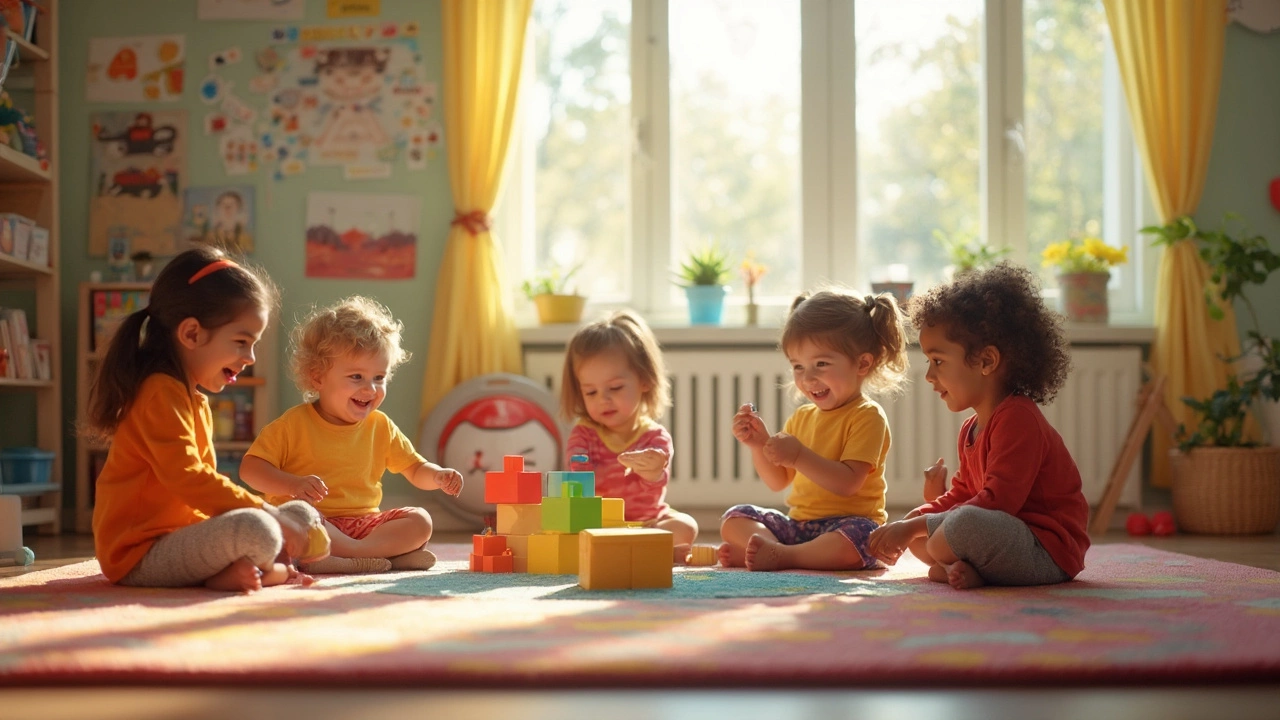Preschool Resources & Tips for Busy Parents
Got a little one who’s just starting school? You don’t need a fancy curriculum to make those early years count. Simple games, everyday chores, and short story sessions can turn ordinary moments into powerful learning experiences. The key is consistency – a few minutes a day, done with love, builds confidence and curiosity. Below you’ll find easy‑to‑follow ideas that fit into a typical day, whether you’re juggling work, laundry, or a cup of tea.
Everyday Activities That Teach Big Skills
Cooking together isn’t just about making a snack. Measuring flour, stirring, and counting spoonfuls teach math, fine motor skills, and vocabulary. While you’re at it, ask your child to name the colors of the vegetables or the texture of the dough – they’ll practice descriptive language without even realizing it. Another gold‑mine is outdoor play: sorting leaves by shape, stacking rocks, or even a quick game of ‘I spy’ sharpens observation and categorisation. The best part? These activities need no special equipment – just what you already have.
Short, Structured Play Sessions
Preschoolers thrive on routine, so set a mini‑schedule. A 10‑minute circle time to sing a song, a 15‑minute story read‑aloud, and a 20‑minute hands‑on craft keep them engaged without overwhelming anyone. When you pick a craft, choose materials that reinforce concepts – like glueing paper circles to make a clock face while talking about the numbers. Keep instructions simple and give your child the freedom to experiment; the process matters more than perfection.
Reading doesn’t have to be a nightly marathon. Even five minutes of picture‑book browsing before bedtime sparks imagination and improves language skills. Pick books with repetitive phrases and ask your child to fill in the missing word. This interactive approach builds confidence and makes reading a game rather than a chore.
Don’t forget social skills. Arrange short playdates or virtual meet‑ups with a few peers. Simple turn‑taking games, like passing a ball and naming an object, teach patience and communication. If in‑person play isn’t possible, a video call where each child shows a favourite toy can be just as effective. The goal is to give your child opportunities to practice sharing, listening, and responding.
Finally, celebrate progress. Sticker charts, high‑five moments, or a quick “great job” after a task reinforce effort and make learning feel rewarding. When children see that their small steps lead to big smiles, they’ll want to keep trying. With these practical tips, you can turn everyday routines into a nurturing preschool experience that sets a solid foundation for future schooling.

What Is Early Years Education? Understanding the Importance for Childhood Development
- by Eliza Fairweather
- on 28 Jun 2025
Explore what early years education means, why it matters, and how it shapes children's learning, development, and lifelong success. Find useful tips and real-life facts here.
